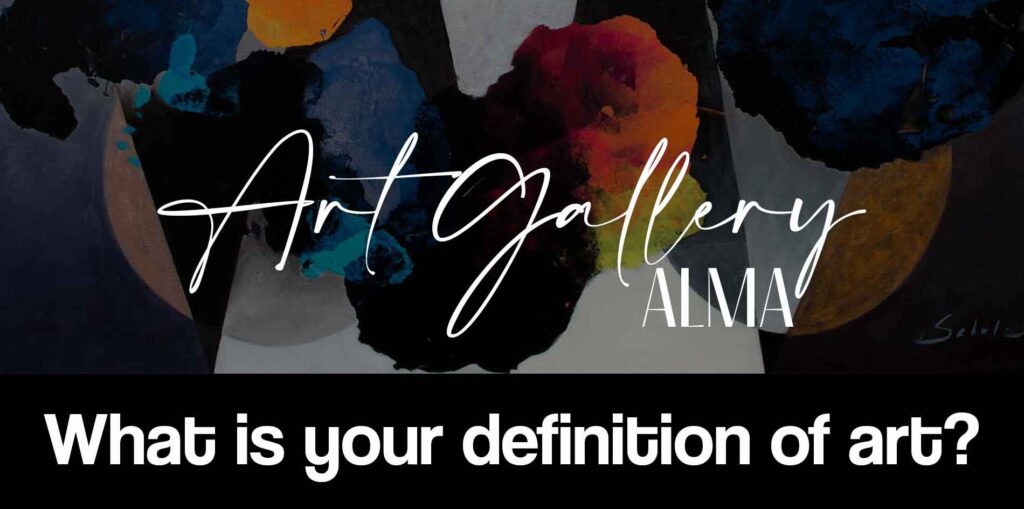Your cart is currently empty!
What is your definition of art?
A Comprehensive Exploration: What is your definition of art?
What is your definition of art? Art has been a subject of fascination and interpretation for centuries. From the ancient cave paintings to modern abstract sculptures. Art has evolved and taken on various forms, making it a rich and diverse realm of human expression. In this article, we will delve into the depths of defining art. Exploring different perspectives and understanding its significance in our lives.
Defining art is a complex and multifaceted endeavor, encompassing elements of creativity, expression, reflection, communication, aesthetic experience, and transformation. It is a dynamic and ever-evolving realm that defies rigid boundaries and invites subjective interpretation. As individuals engage with art, they contribute to its ongoing dialogue, shaping and redefining its meaning. Ultimately, art holds the power to transcend barriers, inspire, and enrich our lives, making it an essential aspect of the human experience.

Art as Creative Expression
At its core, art can be seen as a manifestation of human creativity and imagination. It serves as a means for individuals to express their thoughts, emotions, and experiences, transcending the boundaries of language and cultural barriers. Whether it is through visual mediums such as painting and sculpture or performance-based art forms like music and dance, artists channel their innermost sentiments into tangible or intangible creations.
Art as Reflection
Art often serves as a mirror to society, reflecting the values, beliefs, and cultural contexts of a particular time and place. Artists have the power to capture social, political, and historical narratives, providing critical commentary or offering a glimpse into alternative realities. Through their works, they challenge conventions, provoke thoughts, and stimulate conversations that contribute to the collective understanding of our world.
Art as Communication
Beyond personal expression and social reflection, art serves as a powerful mode of communication. Artists communicate their ideas, perspectives, and messages to a diverse audience, fostering connection and empathy. Art has the ability to transcend linguistic barriers, allowing people from different cultures and backgrounds to find common ground, share experiences, and engage in meaningful dialogue.
Aesthetic Experience as Art
Art possesses a unique aesthetic quality that captivates and engages our senses. It evokes emotional responses, triggers introspection, and stimulates intellectual curiosity. Whether it is the harmonious blend of colors in a painting or the rhythmic patterns in a musical composition, art has the ability to evoke pleasure, awe, or even discomfort, prompting us to contemplate and derive personal meaning from the experience.
Art as Transformation
Art has the potential to transform individuals and society. It can inspire personal growth, challenge preconceived notions, and broaden perspectives. Through its ability to evoke emotions, art can create empathy and drive social change. Artistic movements throughout history have played a crucial role in advocating for equality, justice, and human rights, empowering individuals to question the status quo and envision a better future.
What is your definition of art?: Conclusion
Defining art is a complex and multifaceted endeavor, encompassing elements of creativity, expression, reflection, communication, aesthetic experience, and transformation. It is a dynamic and ever-evolving realm that defies rigid boundaries and invites subjective interpretation. As individuals engage with art, they contribute to its ongoing dialogue, shaping and redefining its meaning. Ultimately, art holds the power to transcend barriers, inspire, and enrich our lives, making it an essential aspect of the human experience.
Art Gallery Alma invites you to discover the most select art now!

Art Gallery Alma ®
